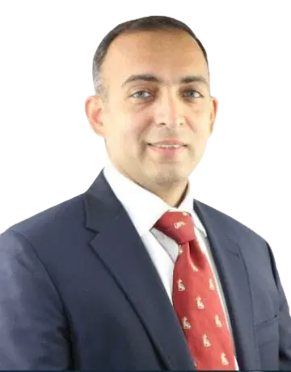TMJ Arthroscopy
An arthroscopy will allow your surgeon to view inside your temporomandibular joint (TMJ) by inserting a camera through a small cut in the skin. This is also known more commonly as keyhole surgery.
Why You Might Need TMJ Arthroscopy
The surgeon will be able to diagnose problems that include torn cartilage and damage to the surface of a joint. It is also possible to treat some problems using surgical equipment or by washing out the joint, with no need to increase the size of the cut. Patients with problems with their jaws, commonly sufferers of temporomandibular joint dysfunction (TMD) caused as a result of rheumatoid arthritis, may undergo the procedure. Some of the benefits include:
- Small cuts as opposed to large incisions.
- Surgeon able to diagnose joint problems.
- Possible to treat some problems by washing out the joint.
What Does TMJ Arthroscopy Involve?
The surgeon will make a small cut in the front of the ear on the patient, placed under general anaesthetic, and insert a camera to examine the joint for any sign of damage to the cartilage, surfaces and ligaments.
One or two needles may be placed through the cut to wash out any loose material caused by wear of the joint surfaces. Alternatively, another cut may be made to insert surgical instruments to treat any scarring – this will also be performed to change the position of the intra-articular disc or improve the joint surfaces.
After the surgery, which can take 20 minutes per joint, the cuts will be closed with stitches. A local anaesthetic may also be applied to help with the pain.
Recovery After Surgery
You will need a few days off from work to allow the wounds to heal, and maintain a soft diet for a few weeks after surgery. Within two or three days after surgery, you will begin therapy to get the jaw moving and prevent the formation of scar tissue.
Consultants that perform this procedure
Find out more about the McIndoe Centre
We provide outstanding patient experiences
As a nationally recognised hospital of excellence in plastic, reconstructive, ophthalmic and maxillofacial surgery, we have demonstrated ourselves to be: effective, responsive, caring, safe and well-led. Recently rated ‘good’ by the CQC, we are committed to treating our patients and each other with kindness, respect and dignity resulting in life-changing outcomes.
Patient testimonials
Find out what it’s like to be a patient, from the people who matter the most.








